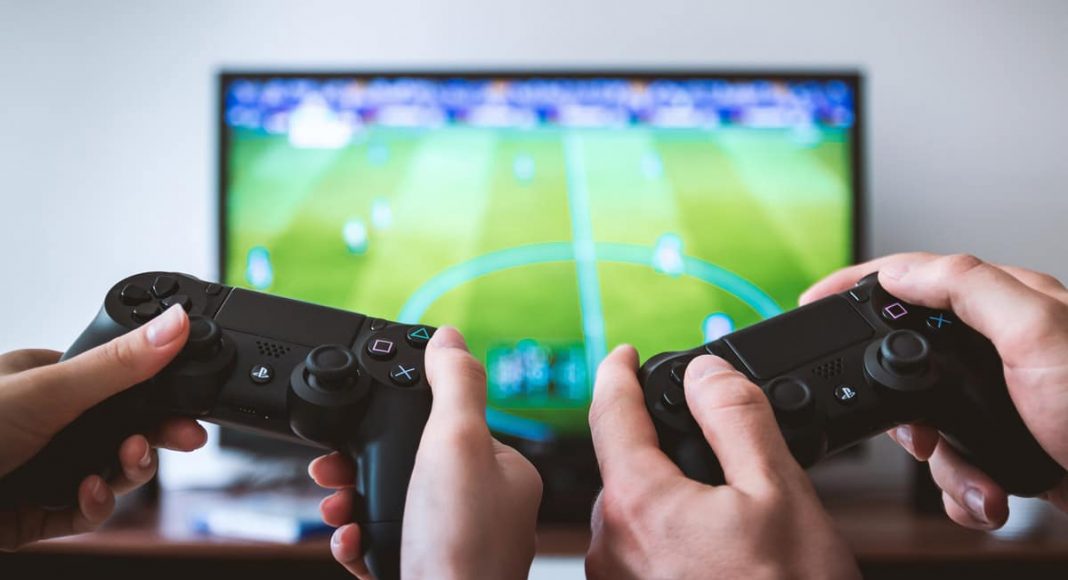It seems that not all is bad when it comes to wasting away hours of your day playing video games. Science Daily reports that during a study, gamers beat and performed much better than non-gamers in a learning competition that had nothing to do with video games.
The research was conducted by two scientists from the Ruhr-Universität Bochum and studied 17 volunteers who claimed to play video games for over 15 hours a week. This group competed against a control group of 17 people who claimed that they didn’t play video games regularly.
The main task that was given to the participants was the weather-prediction task, a complicated test that measures the learning of probabilities. This task demands participants to learn on the basis of feedback. Volunteers are showed a combination of three cue cards with different symbols. They pick cards and get feedback from researchers, learning gradually to pick the correct cards when it comes to making better weather predictions. After the task is completed, volunteers filled out a questionnaire that measured their overall learning.
Gamers were notably better than the control group, and displayed best results when the card combinations gave high chances of uncertainties. Researches believe this is due to the gamer’s brain, principally their hippocampus, which is trained and developed as they play video games.
-
Related Story: So, Scientists Are Building An Artificial Intelligence ‘God’
Problems and changes in the hippocampus are related with memory issues and with poor memory performance. Maybe in the future, memory loss problems can be prevented or treated with video game therapy, changing some of the bad rep that video games have earned over the years.


